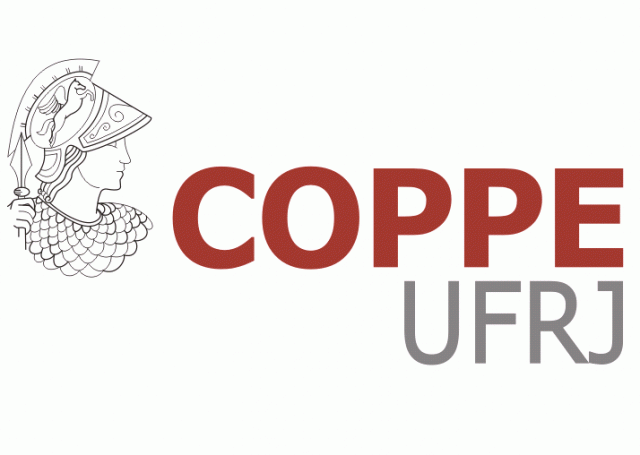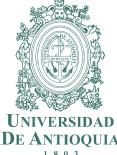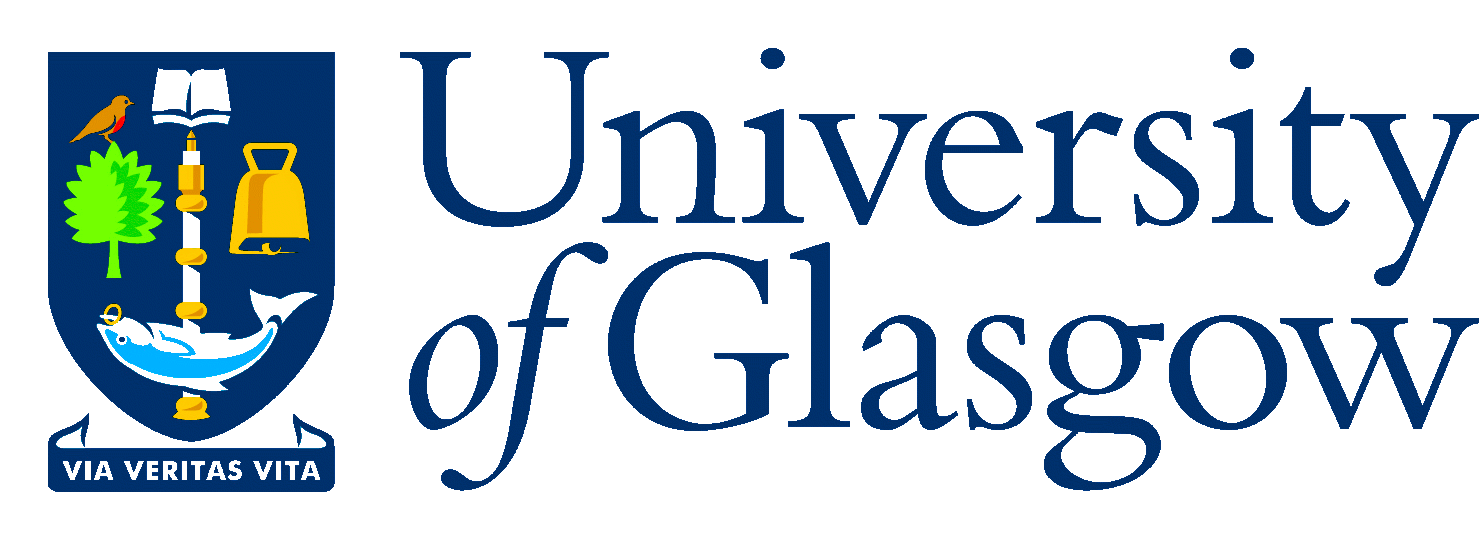UKRI GCRF: Understanding Risks & Building Enhanced Capabilities in Latin American cities

URBE Latam seeks to expand and refine the understanding of risks, vulnerabilities and potentialities associated with rain-related geohazards in Latin America.
URBE Latam aims to rethink how environmental risk data is produced, how it is used, and how it might enable transformations that close the implementation gap in delivering equitable resilience for marginalised communities. The project will be based on two case studies focusing on specific areas of Rio Janeiro, Brazil and Medellín, Colombia; however, the findings and methods developed during the research will be widely transferable to other places and environmental contexts.
This is a UKRI Collective Fund Award.
Visit the project web site at warwick.ac.uk/urbelatam
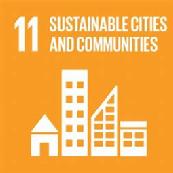
SDG 11: Sustainable Cities and Communities
The expected long-term impact of this project is a contribution towards the SDG 11 targets of:
- reducing the number of deaths and people affected by water-related disasters and reducing direct economic losses caused (SDG 11.5)
- increasing the number of cities and human settlements adopting integrated policies and plans towards resilience to disasters and holistic disaster risk management (SDG 11.B).
Project Partners |
|
|
Funded By a UKRI Collective Fund Award. |
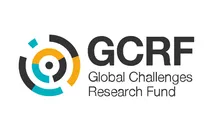  |


